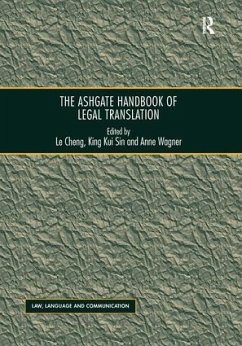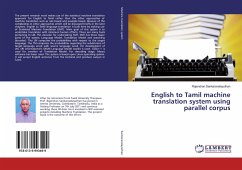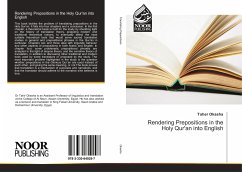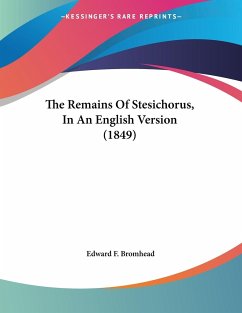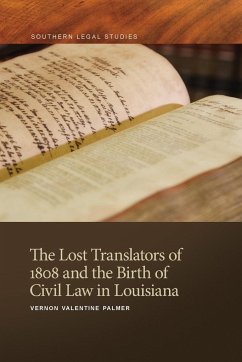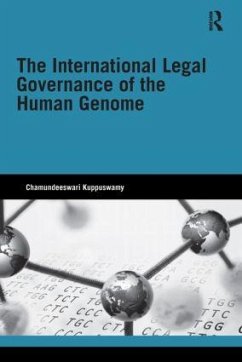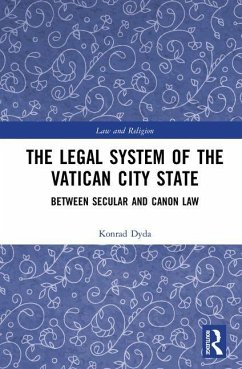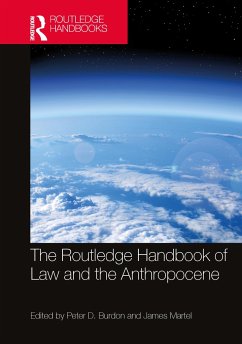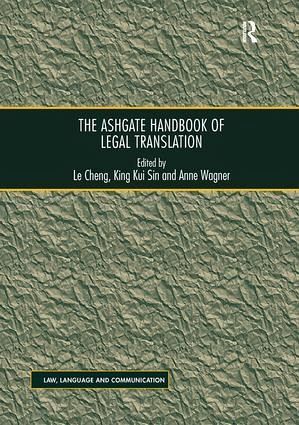
The Ashgate Handbook of Legal Translation
Versandkostenfrei!
Versandfertig in 1-2 Wochen
70,99 €
inkl. MwSt.

PAYBACK Punkte
35 °P sammeln!
This volume investigates advances in the field of legal translation both from a theoretical and practical perspective, with professional and academic insights from leading experts in the field. Part I of the collection focuses on the exploration of legal translatability from a theoretical angle. Covering fundamental issues such as equivalence in legal translation, approaches to legal translation and the interaction between judicial interpretation and legal translation, the authors offer contributions from philosophical, rhetorical, terminological and lexicographical perspectives. Part II focus...
This volume investigates advances in the field of legal translation both from a theoretical and practical perspective, with professional and academic insights from leading experts in the field. Part I of the collection focuses on the exploration of legal translatability from a theoretical angle. Covering fundamental issues such as equivalence in legal translation, approaches to legal translation and the interaction between judicial interpretation and legal translation, the authors offer contributions from philosophical, rhetorical, terminological and lexicographical perspectives. Part II focuses on the analysis of legal translation from a practical perspective among different jurisdictions such as China, the EU and Japan, offering multiple and pluralistic viewpoints. This book presents a collection of studies in legal translation which not only provide the latest international research findings among academics and practitioners, but also furnish us with a new approach to, and new insights into, the phenomena and nature of legal translation and legal transfer. The collection provides an invaluable reference for researchers, practitioners, academics and students specialising in law and legal translation, philosophy, sociology, linguistics and semiotics.





